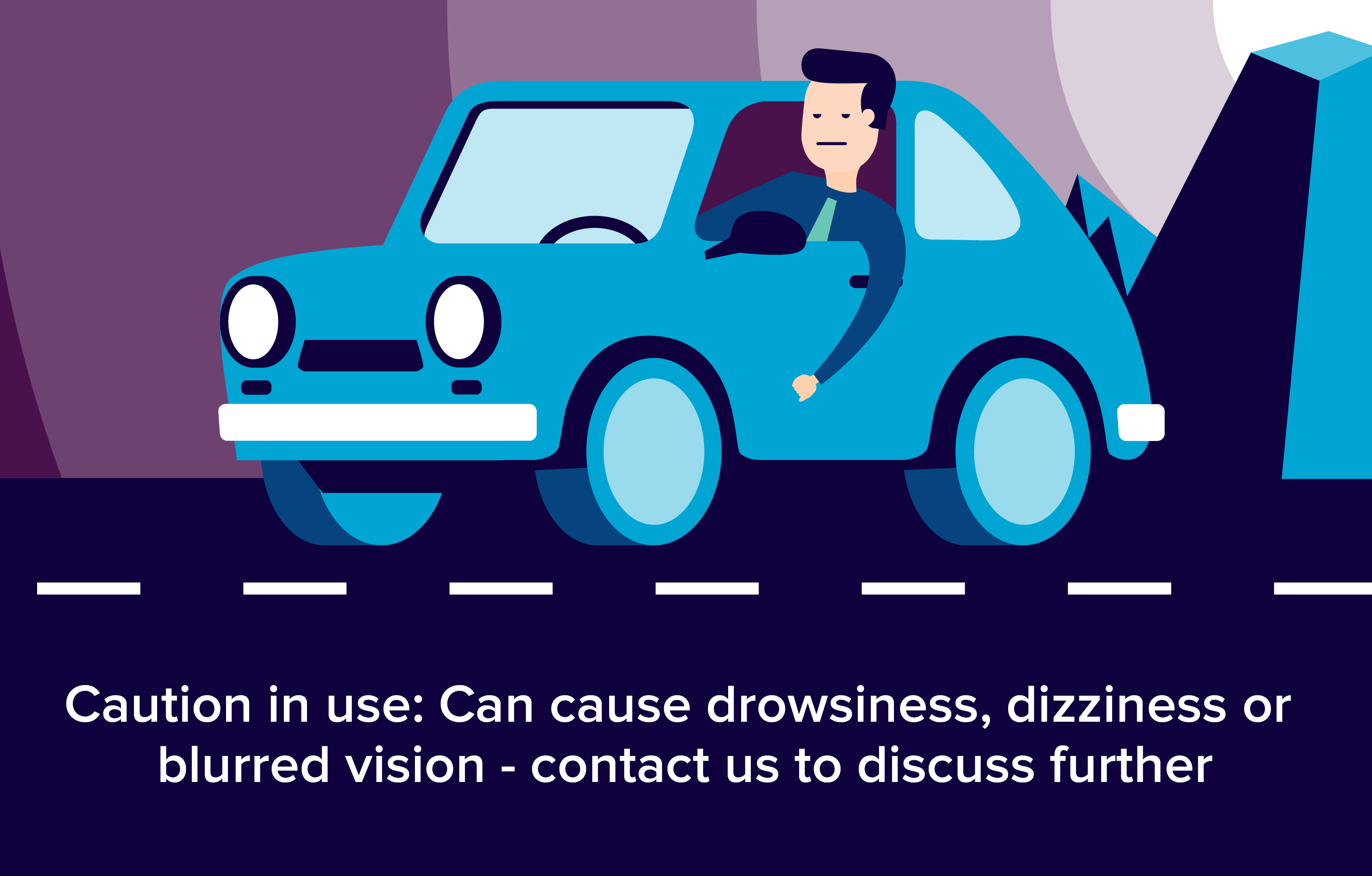Victoza is used to treat type 2 diabetes mellitus when other medicines have not been enough to adequately control your diabetes.

Why have I been prescribed Victoza?
Victoza is used to treat type 2 diabetes mellitus when:
- metformin or a sulphonylurea alone (such as glimepiride or glibenclamide) despite the maximal tolerated dose are not enough to control your blood sugar levels.
- metformin in combination with a sulphonylurea (such as glimepiride or glibenclamide) or metformin in combination with a glitazone (such as rosiglitazone or pioglitazone) are not enough to control your blood sugar levels.
How does it work?
- Victoza contains the active substance Liraglutide.
- It helps your body reduce your blood sugar level only when blood sugar is too high.
- It also slows food passage through your stomach.
When and how do I take it?
- Victoza® is given as an injection under the skin (subcutaneous). Do not inject it into a vein or muscle. The best places to give yourself the injection are the front of your thighs, the front of your waist (abdomen), or your upper arm.
- You can give yourself the injection at any time of the day, regardless of meals. When you have found the most convenient time of the day it is preferred that you inject Victoza around the same time of the day.
- Before you use the pen for the first time, your doctor or nurse will show you how to use it.
Before opening:
- Store in a refrigerator (2°C - 8°C). Do not freeze. Keep away from the freezer compartment.
During use:
- You can keep the pen for 1 month when stored at a temperature below 30°C or in a refrigerator (2°C - 8°C), away from the freezer compartment.
- Do not freeze. When you are not using the pen, keep the pen cap on in order to protect from light. Do not use Victoza if the solution is not clear and colourless.
What’s the dose?
The starting dose is 0.6 mg once a day, for at least one week.
- Your doctor will tell you when to increase it to 1.2 mg once a day.
- Your doctor may tell you to further increase the dose to 1.8 mg once a day, if your blood glucose is not adequately controlled with a dose of 1.2 mg.
Do not change your dose unless your doctor has told you to.
Could it interact with other tablets?
Please tell your doctor, nurse or pharmacist if you are taking or have recently taken any other medicines, including medicines obtained without a prescription. In particular, tell your doctor, nurse or pharmacist if you are using medicines for diabetes containing any of the following active substances:
- insulin. Victoza is not recommended if you are using insulin.
- a sulphonylurea (such as glimepiride or glibenclamide). You may get hypoglycaemia (low blood sugar) when using Victoza® together with a sulphonylurea as sulphonylureas increase the risk of hypoglycaemia.
When you first start using these medicines together, your doctor may tell you to lower the dose of the sulphonylurea medicine.
The following medicines may also interact with Victoza:
- atorvastatin
- digoxin
- ethinylestradiol/levonorgestrel
- griseofulvin
- insulin
- lisinopril
- paracetamol
- warfarin
Other important information about interactions with Victoza:
- This medicine slows down the emptying of your stomach.
- You should ask your prescriber or pharmacist if you should change the timing of any other medicines you are taking.
If you are taking Victoza and one of the above medicines or types of medicines, make sure your prescriber knows about it.
Herbal products should also only be taken after talking with your doctor.
What are the possible risks or side-effects?
Like all medicines, Victoza® can cause side effects although not everybody gets them.
Very common side effects
- Nausea (feeling sick). This usually goes away over time.
- Diarrhoea. This usually goes away over time.
Common side effects
- Hypoglycaemia (low blood sugar).
The warning signs of low blood sugar may come on suddenly and can include:
- cold sweat
- cool pale skin
- headache
- fast heart beat
- feeling sick
- feeling very hungry
- changes in vision
- feeling sleepy
- feeling weak
- nervous
- anxious
- confused
- difficulty concentrating
- shaking (tremor)
Your doctor will tell you how to treat low blood sugar and what to do if you notice these warning signs. If you are already taking a sulphonylurea medicine when you start using Victoza, your doctor may tell you to reduce the dose of the sulphonylurea.
- Headache
- Vomiting
- Indigestion
- Inflamed stomach (gastritis). The signs include stomach pain, nausea and vomiting.
- Gastro-oesophageal reflux disease (GORD). The signs include heartburn.
- Painful or swollen tummy (abdomen)
- Abdominal discomfort
- Viral infection in stomach
- Constipation
- Wind (flatulence)
- Decreased appetite
- Bronchitis
- Common cold
- Dizziness
- Fatigue
- Fever
- Toothache
- Injection site reactions (such as bruising, pain, irritation, itching and rash)
Uncommon side effects
- Pancreatitis
- Thyroid events - like nodules, increased blood calcitonin and goiters.
Can I drink alcohol while taking it?
- There are no known interactions between alcohol and Victoza.
- Always ask you doctor or pharmacist however as other medications you are taking may have a bearing on this.
What if I’m pregnant/breastfeeding?
- Tell your doctor if you are, you think you might be, or are planning to become pregnant. Victoza should not be used during pregnancy. It is not known if Victoza may harm your unborn child.
- It is not known if Victoza passes into breast milk. Do not use Victoza if you are breast-feeding.
If you have any more questions please ask your Pharmacist.
Remember to keep all medicines out of reach of children
Please Note: We have made every effort to ensure that the content of this information sheet is correct at time of publish, but remember that information about drugs may change. This sheet does not list all the uses and side-effects associated with this drug. For full details please see the drug information leaflet which comes with your medicine. Your doctor will assess your medical circumstances and draw your attention to any information or side-effects which may be relevant in your particular case.
References:
http://www.fda.gov/downloads/Drugs/DrugSafety/UCM199170.pdf
https://www.victoza.com/
http://www.drugs.com/victoza.html
https://www.drugwatch.com/victoza/
http://www.rxlist.com/victoza-drug.htm
http://www.medicinenet.com/liraglutide/article.htm



